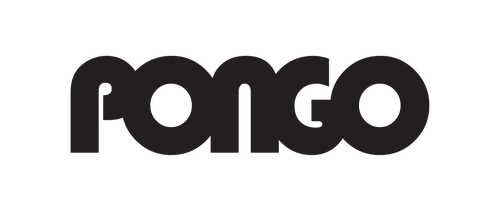Aluminium boasts one of the highest recycling rates of any metal. At the end of their long life, Extrusion and Sheet can be readily recycled. Recycled aluminium generally falls into two broad categories.
New scrap; resulting from a manufacturing process such as extrusion, is often not contaminated and of known quality. This scrap is remelted and reprocessed with very little further treatment. Due to its high value, such scrap enjoys an almost 100% recycle rate.
Old scrap; such as that from beverage cans, buildings and transport, is gathered and recycled via an efficient network of scrap metal merchants which sort and separate it from other metals such as iron and steel. This scrap is usually remelted by secondary refiners into silicon based alloys used predominantly for aluminium castings.
In Europe, recycling rates of aluminium cans can reach up to 64% whilst rates from buildings and transport are higher again and 85% and 95% respectively.
As recycling of aluminium requires only 5% of the initial energy consumed to create it, recycling one tonne of aluminium saves 5 tonnes of bauxite and 15,000 kilowatt hours of electricity, making the process very environmental friendly and economical.
Coatings and Finishes
Pongo uses and recommends powder coatings containing no organic solvents or heavy metal pigments such as lead.
Our powedercoat powder supplier Dulux was the first major paint brand in Australia to complete Environmental Product Declarations (EPD). Similar to a nutrition label, an EPD provides a transparent, multi-faceted overview of the environmental performance of a product throughout its life cycle.
Packaging
Locally sourced cardboard is made to suit our Pongo Tables to avoid wastage whilst still protecting our precious cargo.
Any excess or returned cardboard is recycled or if in 'like-new' condition, it is reused. Not from a cost but an environmental standpoint.
We enjoy seeing that some families use our packaging as an art canvas for their kids to get creative with.
Australian Supply Chain Preferred
As a local manufacturer, Pongo is required to meet Australian environmental regulations and standards in its manufacturing and finishing operations. Understanding the full life cycle impact of products requires manufacturing processes and materials to be traced back to their source. When materials are sourced from overseas, it can be difficult to know whether they have been produced in an environmentally responsible way.
Pongo's manufacturing team recycle and minimal waste that occurs during the production process to give lower embodied carbon for future manufacturing and reduced emissions.
Where necessary, Pongo may request suppliers to show relevant ISO accreditation / Sustainable certification. (ISO9001:2015, ISO45001:2018, ISO14001:2015)
Local Manufacturing Footprint
Pongo's local manufacturing footprint allows our tables to be produced close to where they are required. This helps avoid unnecessary sea and road freighting, reducing carbon dioxide emissions that would occur on overseas imported tables. Being primarily Aluminium carbon emissions on road freight are reduced.


